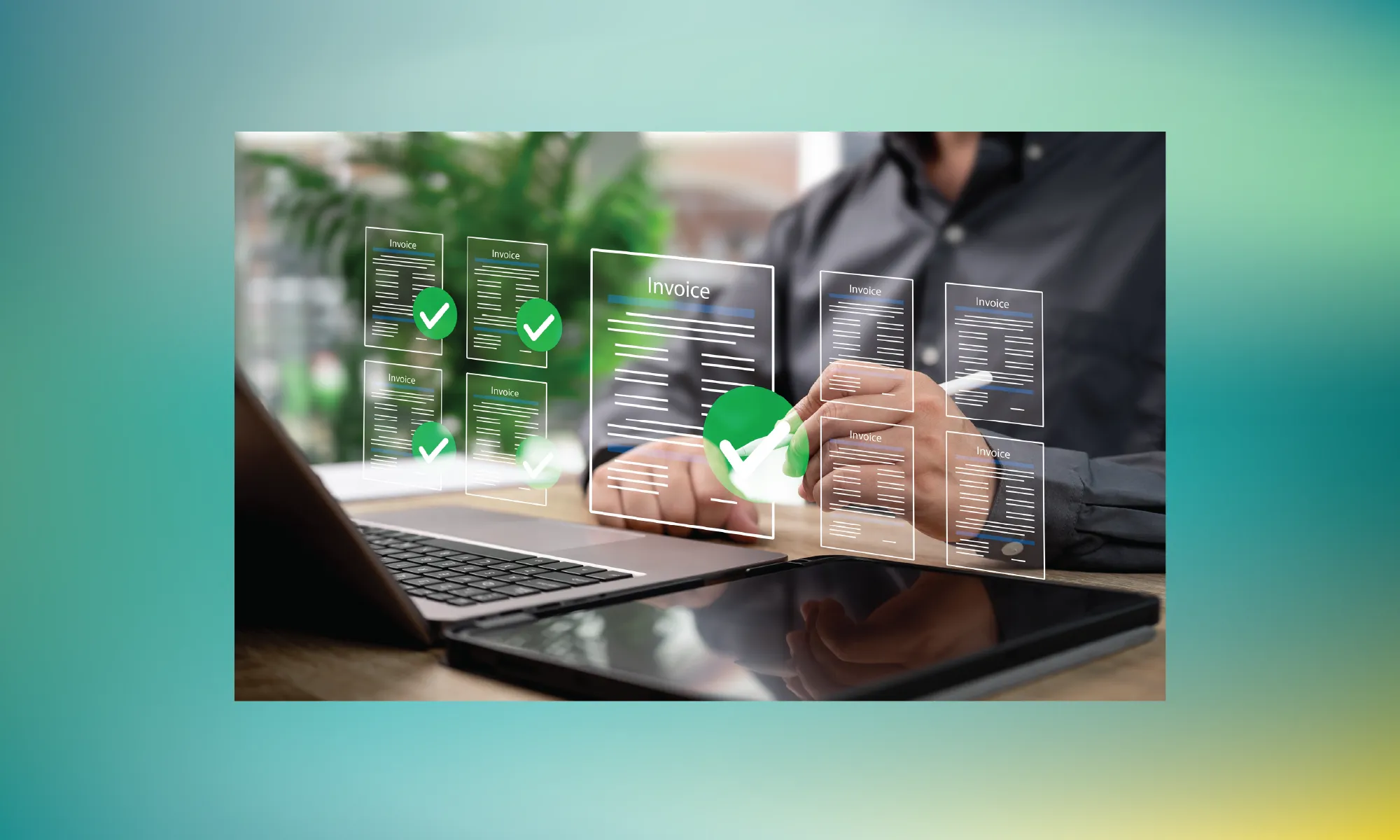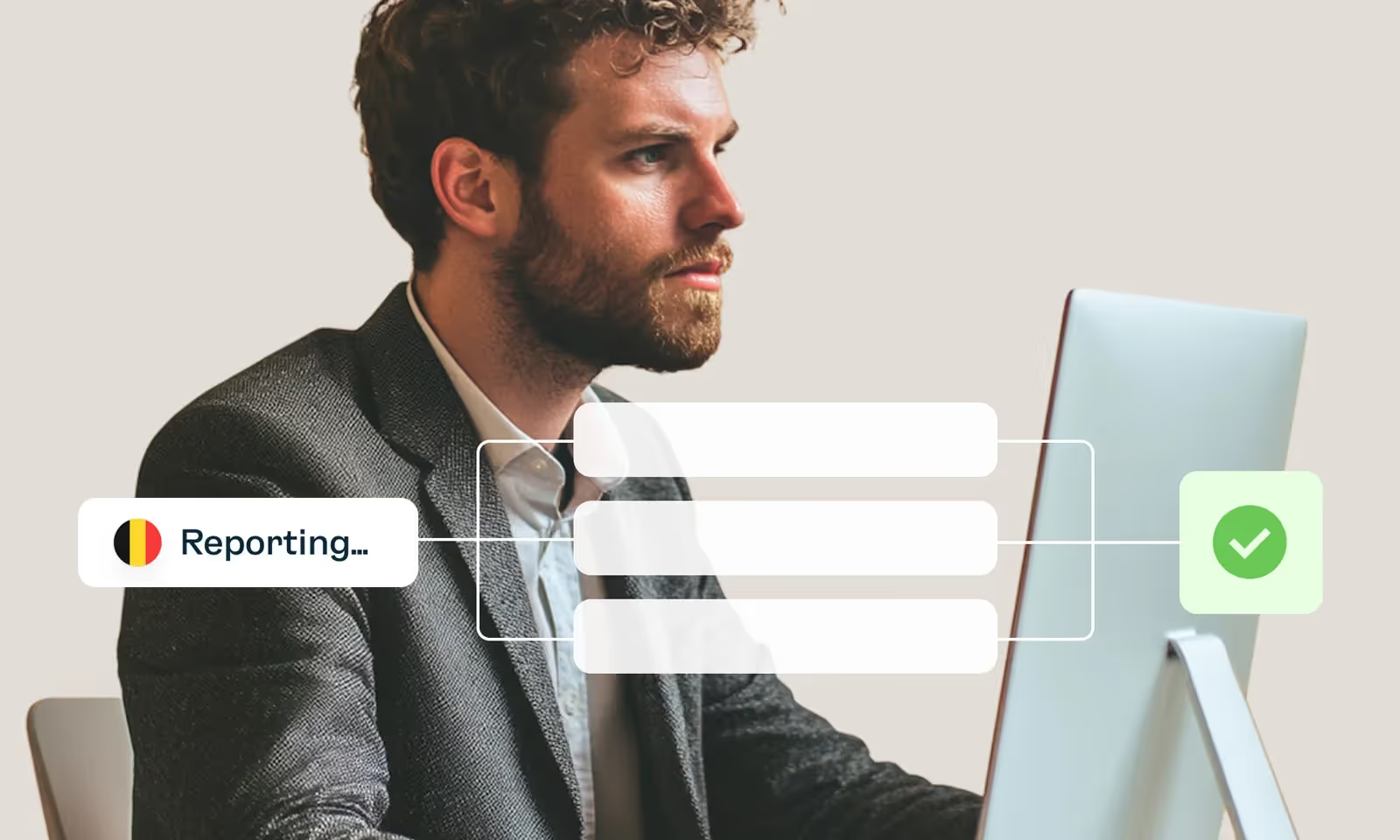Germany
E-invoicing Guide
Summary
E-Invoicing
B2G e-invoicing is mandatory, B2B e-invoicing implementation between 2025 and 2028
Digital Reporting
No
Germany Electronic Invoicing and Digital Reporting Requirements
Background
The implementation of the E-Invoicing system in Germany for B2G transactions started in 2017. The plan is to finalize the project within 2025 so that the only form of the invoice valid within B2G operations shall be an e-invoice.
From November 27, 2020, the suppliers of Federal Government institutions are obliged to send only e-invoices to public authority buyers. Only the E-Invoices in the meaning of the Federal E-Invoice Ordinance may be sent to the authorities.
The e-invoices should be sent to the State platforms, specifically developed and established for this purpose. These platforms represent the central access points for reporting of e-invoices. There are, at the moment, two main central platforms for reporting of e-invoices:
- The Central Federal Invoice Receipt Platform(ZRE), the platform of central Federal Administration(e.g. ministries and higher federal authorities) and
- Online Access Law - Compliant Invoice Receipt Platform(OZG - RE) where economic operators should submit e-invoices intended to affiliate institutions of the indirect federal administration and cooperating federal states.
According to the Federal E-Invoicing Ordinance, for B2G transactions, the preferred standard which should be used is XRechnung. This doesn’t exclude the possibility of using other formats.
While having the B2G e-invoicing mandate in place for a while, the B2B e-invoicing requirements are quite new in Germany. Initially outlined in the 2021 coalition agreement, Germany received EU Council authorization on July 25, 2023, to mandate electronic invoices. The Growth Opportunities Act, proposed in October 2023 and approved by both the Bundestag and Bundesrat by March 2024, mandates e-invoicing for domestic B2B sales. Starting January 2027, companies with a turnover exceeding €800,000 must issue electronic invoices, with this requirement extending to all companies by January 2028. From January 2025, all companies must be able to receive e-invoices. This strategy aligns with the EU's VAT in the Digital Age proposal, adopting the EN 16931-1 e-invoicing standard.
What Types of Businesses Does This Apply to?
B2G e-invoicing requirement applies to suppliers of federal public institutions and associated indirect federal administrations. It also applies to suppliers to public bodies in many states.
B2B e-invoicing requirement applies to businesses established in Germany. Non-residents without a registered office, domicile, or habitual residence in Germany are not subject to these requirements.
Governmental Body Responsible for E-invoicing in Germany
The Federal Ministry of the Interior and Community (BMI), alongside the Federal Ministry of Finance (BMF), are the two main central public authorities responsible for the development, monitoring, and implementation of e-invoicing on the Federal level.
Specifically designed public authority for coordinating and implementing parts of the e-invoicing project is The Coordination Office for IT Standards (KoSIT) which maintains and develops the German E-Invoicing Standard (XRechnung) on behalf of the IT Planning Council .
KoSIT became the German Peppol authority in June 2018, with the responsibility of maintaining XRechnung. KoSIT's main tasks are to assist the IT Planning Council in adopting IT interoperability and IT security standards, as well as to manage joint federal and state e-government projects.
Penalties for Not Adhering to Germany's E-invoice Mandates
Late issuance of invoices, non-compliance with the rules on the storage of invoices may result in penalties. The penalty may not exceed EUR 5,000 for each offense.
Moreover, once B2B e-invoicing becomes mandatory, input VAT deductions will only be possible using electronic invoices. This means that failing to issue invoices electronically will result in the inability to deduct input VAT.
What does the e-invoicing process in Germany look like?
The B2G E-Invoicing flow:
- The user should first make a user account before he can use the invoice receipt platforms ZRE and OZG-RE. (Not required in submission is done via Peppol) The user accounts of the federal government's invoice receipt platforms enable taxpayers, among other things, to track the status of the electronic invoices that have been submitted.
- The supplier sends the E-Invoice to the platform through the usage of one of the permitted transmission channels, Email, Peppol, Upload or manually, which are given as an option by the Federal government.
- For transfer of invoices in high volume transmission methods such as web service via Peppol, e-mail is suggested
- For small batches and/or single e-invoice transfers, the manual upload via the central platforms is a valid option
After the e-invoice has been reported to the Platform, the Platform checks for completeness and its conformity with the German E-Invoicing standard in syntax and semantics. Once the checks are complete, the invoice is then made available by the platform to the intended receiver indicated by the buyer reference or “Leitweg ID”.
In terms of B2B e-invoicing, there is no centralized platform or reporting requirement at this time, so the e-invoicing process is managed solely between businesses.
By January 2025, businesses must be able to receive e-invoices (AP). An email inbox is sufficient to comply, though parties may agree on other electronic transmission channels.
Starting January 2027, resident businesses with a turnover of more than 800K€ must issue electronic invoices compliant with EN 16931. This requirement will extend to all taxpayers by January 2028. Since there is no mandate to use a specific network or platform for e-invoice transmission, businesses are free to choose their preferred transmission channel.
Is SAF-T Needed in Germany?
There are no SAF-T obligations in Germany.
E-Invoicing & Global Tax Automation with Fonoa
One way to comply with Digital Reporting Requirements in Germany is to use a provider like Fonoa.
With Fonoa you can:
- Have one integration for your global needs, including Germany
- Save time and money by automatically cleaning your data to minimize errors and manual work
- Utilize our validation mechanisms to ensure reporting accuracy, data completeness, full control, and compliance
- Rest assured that transactions are successfully reported or queued for internal investigation with our retry mechanisms
- Get full visibility with our dashboards by filtering criteria, analyzing granular transaction data, and quickly importing /exporting information
Disclaimer on Tax Advice
Fonoa does not provide professional tax opinions or tax management advice specific to the facts and circumstances of your business and that your use of the Specification, Site, and In addition, due to rapidly changing tax rates and regulations that require interpretation by your qualified tax professionals, you bear full responsibility to determine the applicability of the output generated by the Specification and Services and to confirm its accuracy. No professional tax opinion and advice. Fonoa does not provide professional tax opinions or tax management advice specific to the facts and circumstances of your business and that your use of the Specification, Site, and In addition, due to rapidly changing tax rates and regulations that require interpretation by your qualified tax professionals, you bear full responsibility to determine the applicability of the output generated by the Specification and Services and to confirm its accuracy.










